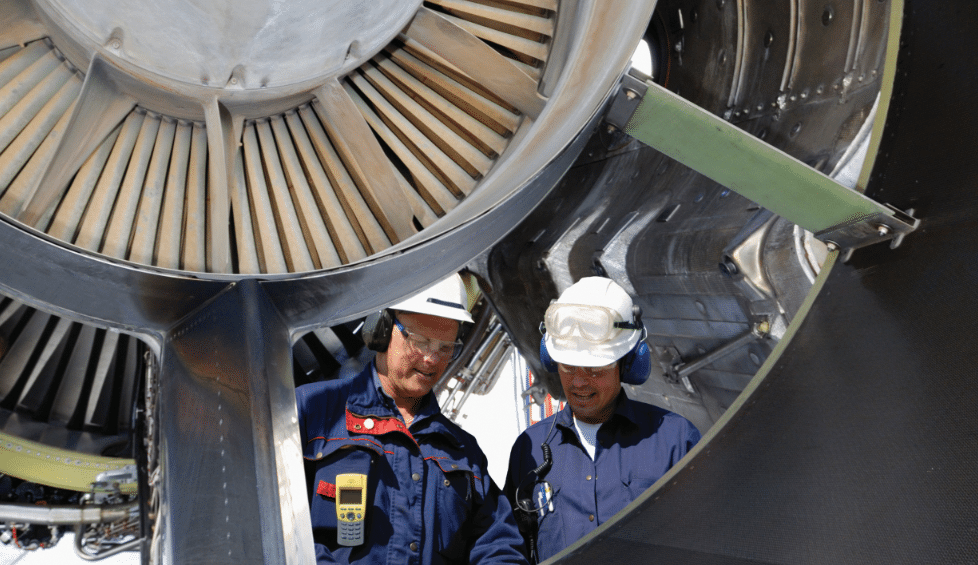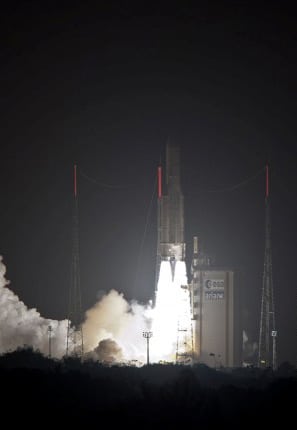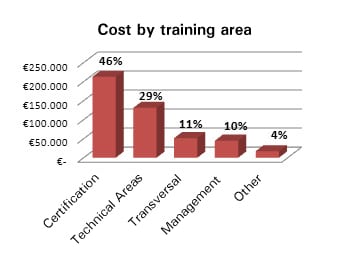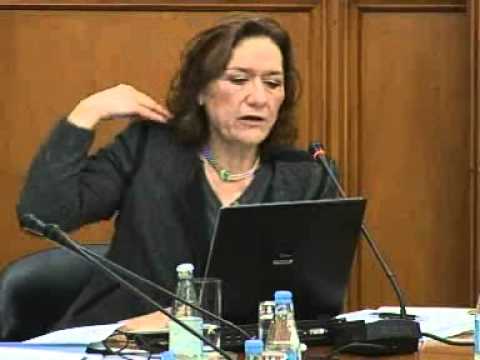TECHNICAL ADVICE ON AIRPORT SAFETY
Over the past two decades, ISQ has been developing a set of technical advisory projects on Portuguese airport safety as regards health and safety at work, as well as fire safety.
ISQ provides technical advisory services on Portuguese airport safety to the managing body of the facilities and infrastructure, to handling companies and to passengers and goods transport maintenance companies. It particularly focuses on risk assessment, air quality and updating and reviewing self-protection measures. ISQ also monitors testing and technical audits on fire safety systems and equipment.
The purpose of the studies carried out was primarily to ensure compliance with the legal and regulatory frameworks for occupational health and safety, the regime and technical regulations for fire safety in buildings and the energy performance of buildings directive.
OCCUPATIONAL HEALTH & SAFETY
ISQ operates in various areas of occupational health & safety and fire safety within airport facilities. It places particular emphasis on air quality assessment in buildings, risk assessment in workplaces and public spaces, technical audits for verification of compliance with legal requirements for fire safety, and self-protection policies. In the event of an emergency, these measures ensure self-protection and the management of fire safety in buildings and other spaces during their operation and use.
Risk Management
In order to ensure health and safety conditions in workplaces and other public areas in airports, ISQ identifies the type of risk associated with the many activities and tasks performed, based on the process of risk management defined in ISO 31000. During the risk assessment, ISQ uses the ALARP principle (As Low As Reasonably Practicable), based on occupational accident and illness statistics, information about the probability of exposure to each identified risk and the corresponding consequences.
On the basis of prioritising risk, the necessary preventive, protective and mitigation measures are identified for each type of risk. This permits risks to be dealt with and reduced to acceptable levels.
Air Quality
Air quality assessments monitor the concentration of Total Volatile Organic Compounds (TVOC), Carbon Dioxide (CO2), Carbon Monoxide (CO), Airborne Particles (PM10, PM2,5), Formaldehyde (H2CO) and the Temperature (AT), Relative Humidity (RH) and Air Velocity (AV). The macrobiological characterisation of the air is also carried out (fungi, bacteria and Legionella spp) for comparison with the reference values laid down by law. For situations in which the measurements are above the reference values, prevention and protection measures needed for the compliance with these values are identified. The ISQ Group has properly calibrated equipment and accredited laboratories that enable these assessments to be made.
FIRE SAFETY
The purpose of ISQ’s fire safety assessment is to comply with current legislation and the technical notes of the National Civil Protection Authority. It consists in monitoring and testing fire safety systems, namely the means of detection of fire and gas, means of extinction, emergency lighting, compartmentalisation, smoke extraction, interfaces between systems and systems with independent sources of power. Audits are also performed to identify nonconformities or anomalies and to define the necessary corrective actions to ensure that facilities have acceptable fire safety levels.
Self-protection Measures
The new national legal regime requires operators/owners to prepare self-protection measures in the buildings or parts of the buildings they occupy. These measures are determined according to the type of use in question and the respective risk category. ISQ provides all the necessary support for their implementation.
Self-protection measures apply to all buildings and other spaces. These make provision for the organisation and management of safety, whose aim is to increase the safety of people and buildings in the event of fire. They include within their scope all prevention, preparation and response measures, encompassing all levels within each organisation. ISQ draws up self-protection measures for each category of risk, and for each type of use, which feature:
- Preventive measures, which take the form of Prevention Procedures or Prevention Plans, according to the category of risk;
- Intervention measures in case of fire. Depending on the risk category, these may be Procedures in Case of Emergency or Internal Emergency Plans;
- Safety records;
- Fire Safety Training conducted through actions intended for all employees and associates of the operating entities. It may also depend on the specific training required by safety representatives and other staff involved in high fire risk situations;
- Emergency Drills to test the internal emergency plan and to train the occupants of the buildings. They create behavioural routines and improve procedures.
The multidisciplinarity and multifunctionality of ISQ’s intervention allows us to provide a 360° technical advice service in partnership with the various operators/owners of the airport facilities. It also enables monitoring that goes beyond compliance with the existing legal and regulatory requirements. Our aim is always to follow best practices, and to apply technical and technological know-how.







